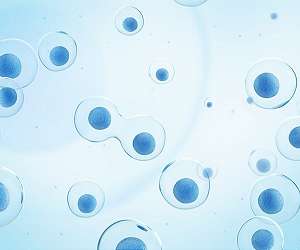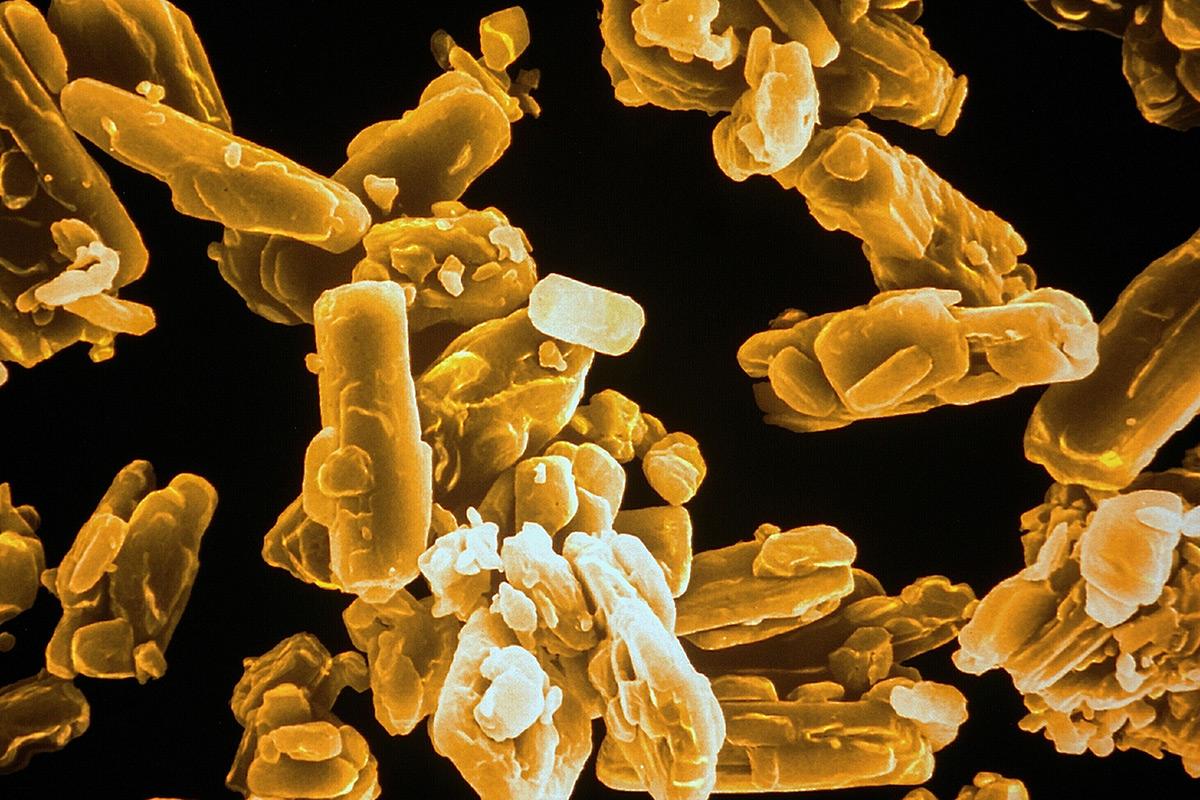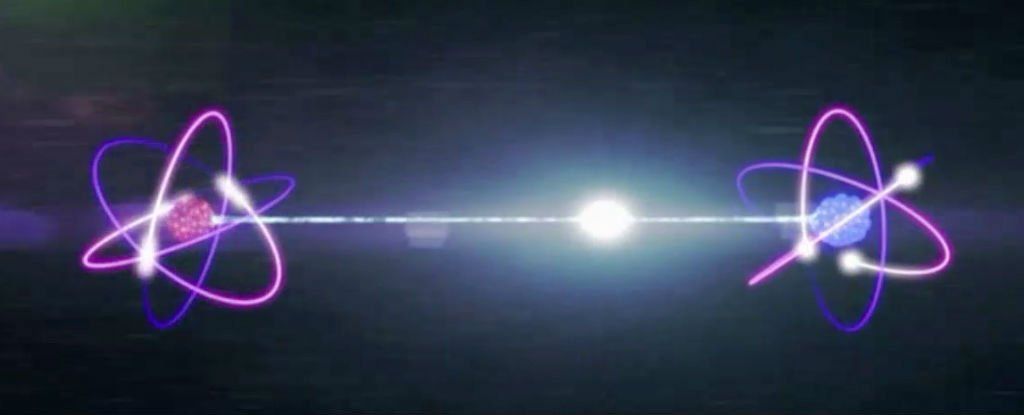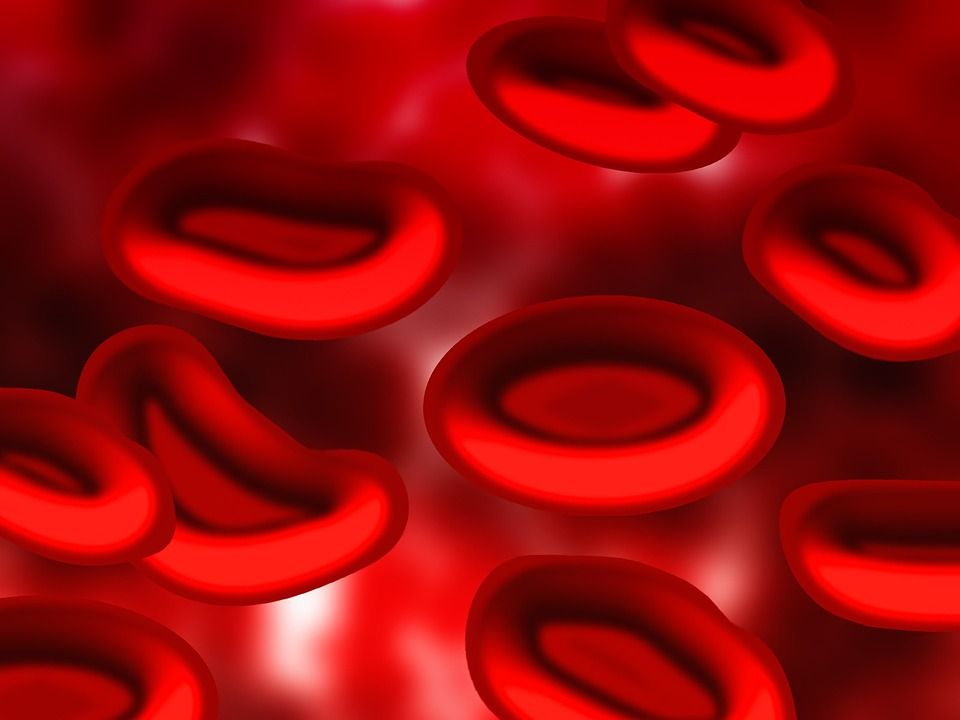Feb 7, 2017
What role does electromagnetic signaling have in biological systems
Posted by Karen Hurst in categories: biological, neuroscience, quantum physics
Sounds definitely like DARPA could be looking at a more seamless BMI type technology and yes, Quantum Bio and telepathy is involved.
For decades scientists have wondered whether electromagnetic waves might play a role in intra- and inter-cell signaling. Researchers have suggested since the 1960s, for example, that terahertz frequencies emanate from cell membranes, but they’ve lacked the technology and tools to conduct reproducible experiments that could prove whether electromagnetic waves constitute purposeful signals for biological function-or if they’re merely background noise.
With recent advances in technology and modeling, experiments may now be possible to test signaling hypotheses. DARPA’s RadioBio program, announced this week, seeks to establish if purposeful electromagnetic wave signaling between biological cells exists-and if evidence supports that it does, to determine what information is being transferred.
Continue reading “What role does electromagnetic signaling have in biological systems” »


















